As we do each month, we’ve brought together a roundup of the most important Google algorithm and search industry updates from February 2021. The traffic light system signals the importance and severity of the various updates, from green (most important) to red (least important).
Over the course of this post, we discuss:
- Google Search Console updates Discover report with Chrome data
- Changes to the boundaries on the Core Web Vitals report in Google Search Console
- Google has agreed to pay money to Australian news publishers
- Update to Google shopping results with ‘Black-owned’ label
- More info about domains has been added to the Google search results
- Google adds 12 new manual action penalties for Google Discover & Google News
Google Search Console updates Discover report with Chrome data
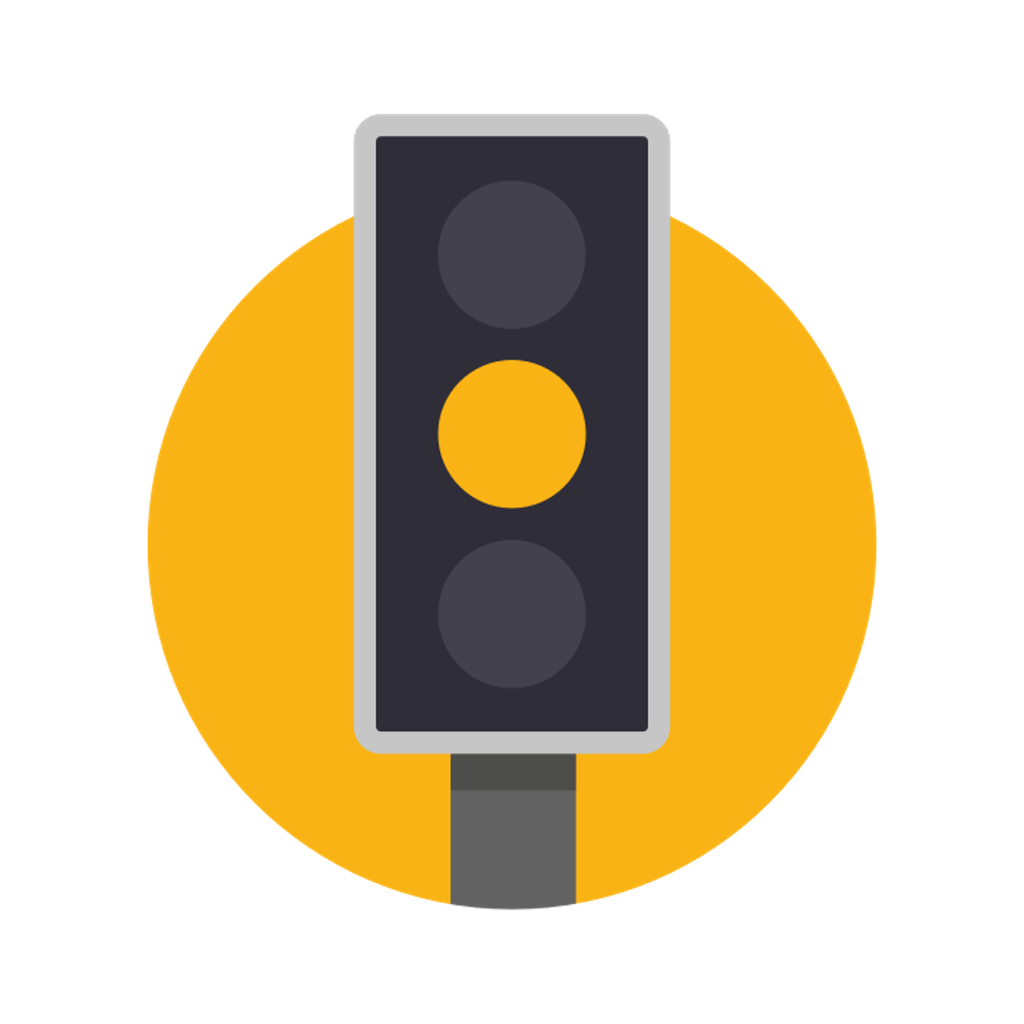
Google has updated the Discover report in Search Console to include data from users who view content on the platform via the Chrome browser. The new data will be added to this report gradually over the course of the next few months.
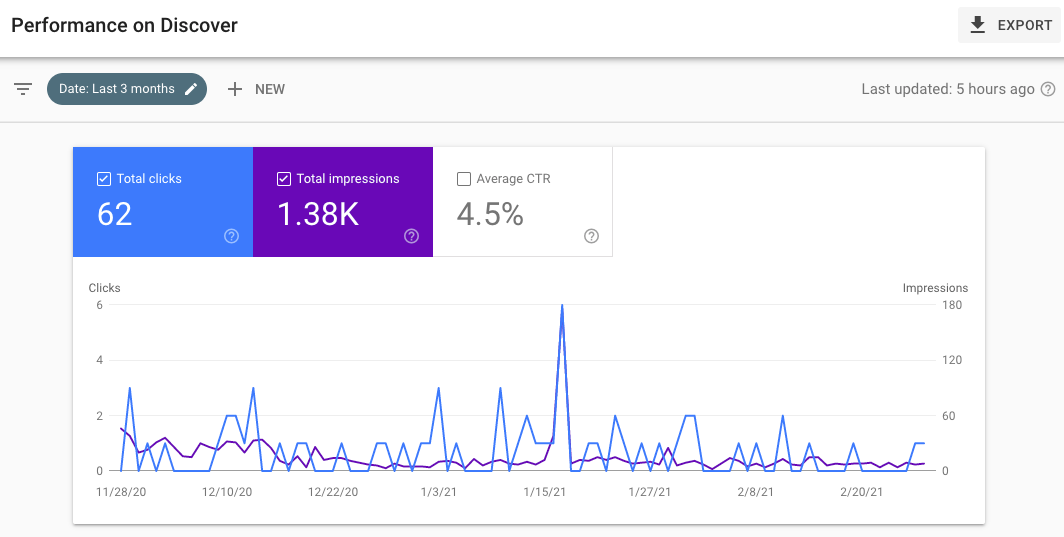
Prior to this, the data contained within this report was sourced only from Android and iOS users on the Google app.
What is Google Discover?
Google Discover is a mobile experience that enables users to discover new content that they hadn’t previously considered viewing. The feature suggests content that’s unique to each user based on their search activity, application activity, location history, and location settings.
You can find Google Discover by loading up a new tab in Chrome or using the Google app on a mobile device. The suggested pieces of content will appear at the bottom of the screen beneath the search bar.
Until now, data from the Chrome browser was not included in Search Console’s Discover report.
What does this mean for you?
If you’re in the news publishing space or run a site with content that regularly features in Google Discover, the new update to the Discover report could mean that you see an increase in the reported levels of traffic to your site.
Google changes the boundaries on the Core Web Vitals report in Search Console
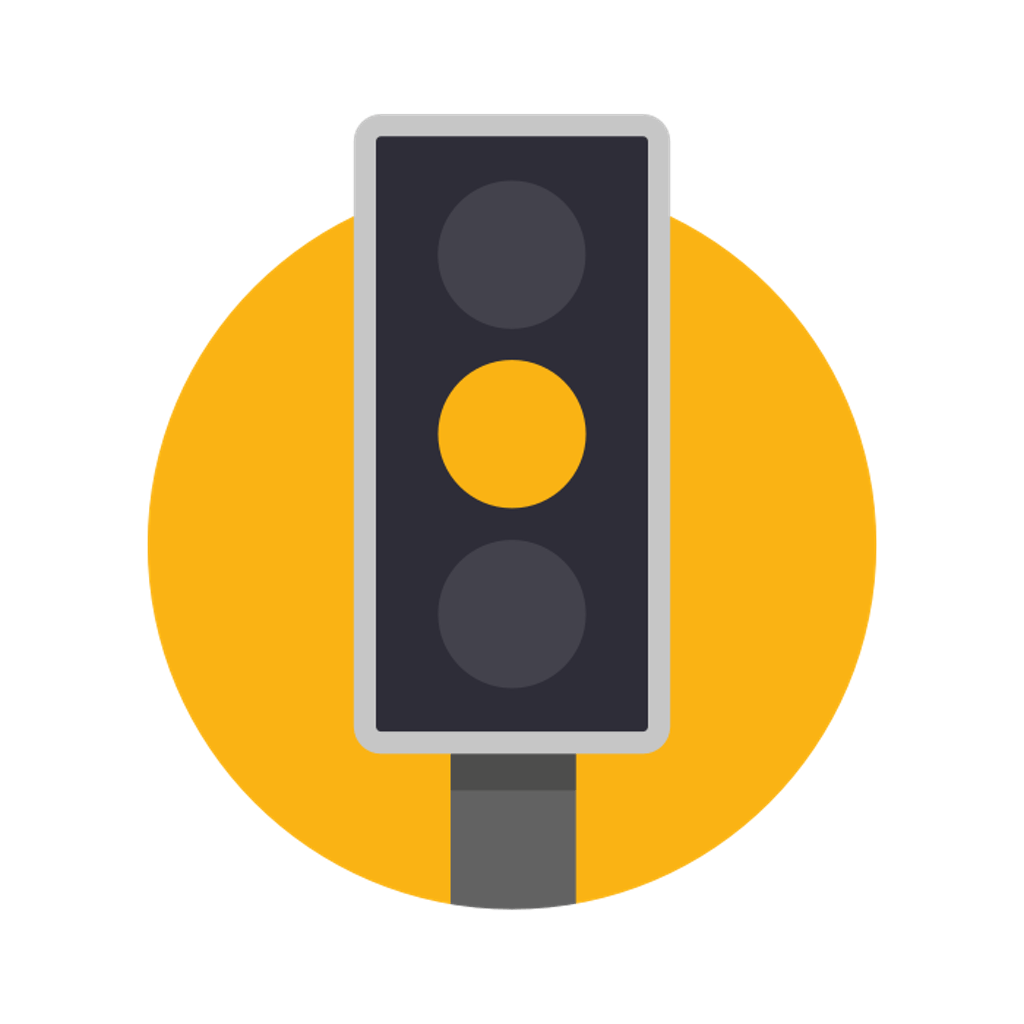
With plenty of updates to Search Console rolled out in February 2021, we’ve also seen a change made to the Core Web Vitals report (if you’re unsure about these new metrics, take a look at our Guide to Core Web Vitals to learn more). You can see what the report looks like in Search Console below:
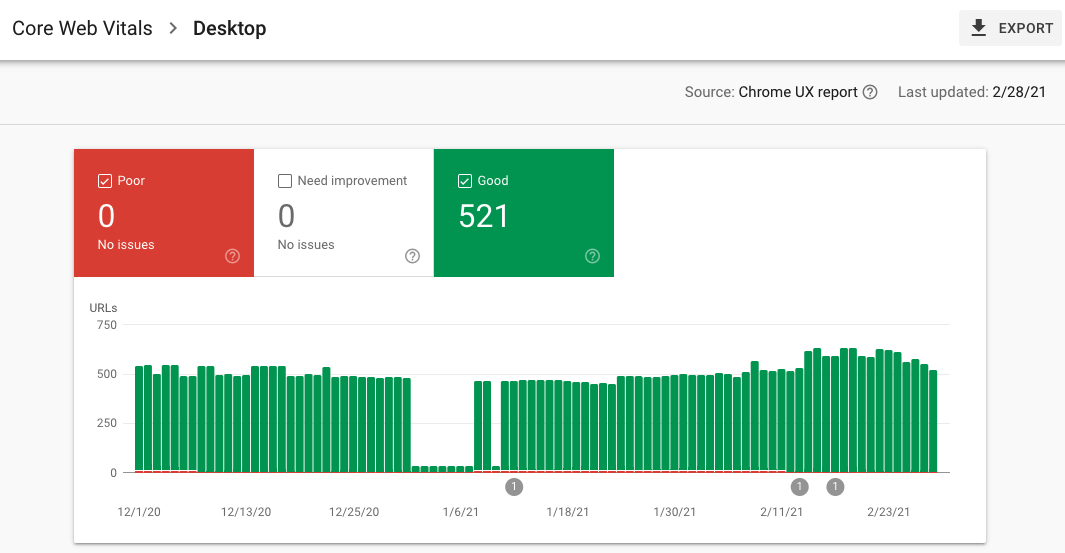
As of the 17th of February, a minor alteration was introduced to the Search Console boundaries for URLs that are considered ‘good’, ‘needs improvement’, and ‘poor’ in relation to CLS, FID, and LCP: where the boundaries used to be < (less than) particular scores, this has now been changes to <= (less than or equal to).
The boundaries are now as follows:
- LCP: Good (<=2.5s); needs improvement (<=4s); poor (>4s)
- FID: Good (<=100ms); needs improvement (<=300ms); poor (>300ms)
- CLS: Good (<=0.1); needs improvement (<=0.25); poor (>0.25)
What does this mean for you?
Whilst the change in boundaries may be relatively small, it could have a positive effect on your site’s Core Web Vitals metrics if you have URLs on the cusp of these boundaries.
For example, pages with an LCP score of 2.5s would previously have fallen into the ‘needs improvement’ category – they will now be classed as ‘good’. This change in category would have a positive effect on your site’s ranking capacity when the Core Web Vitals metrics are introduced to Google’s ranking algorithms in May 2021.
Google has agreed to pay money to Australian news publishers
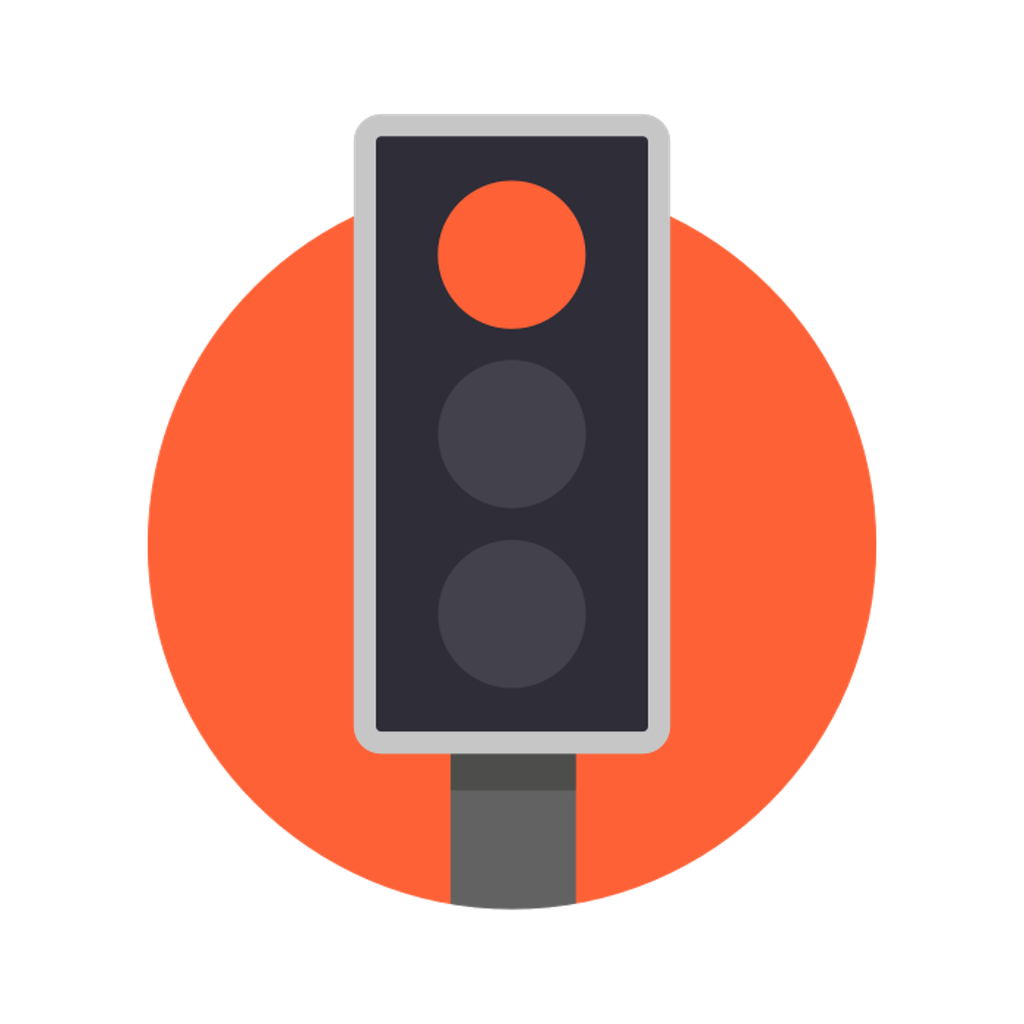
In January’s search industry updates blog, we discussed the Australian government’s proposed introduction of laws that would make tech giants like Google pay Australian media outlets to display links to news content in the Google News Showcase.
There was a lot of friction between the two parties, with Google even considering withdrawing its services from the Australian market (the effects of which could have been disastrous for Australian news publishers and searchers alike).
In what seems like a reversal of their position, Google has now stated that it will be paying news publishers that feature in News Showcase in the following 4th February announcement:
“Starting today, a growing number of Australian publishers, leading examples of the best of local and regional journalism, will be paid to provide content for News Showcase. The initial publishers featured in today’s launch were among the first globally to sign up, providing early feedback and input on how the product could help bring their journalism to the fore for readers.”
What does this mean for you?
This announcement is unlikely to have an effect on you unless you live in Australia. For Australian searchers and news publishers, however, this is really positive news: it looks like Google now won’t be pulling out of the Australian market, where its search engine currently accounts for more than 90% of search.
News outlets will no doubt be appreciative of the additional revenue that will now be coming in from Google.
Google introduces ‘Black-owned’ label in Google Shopping
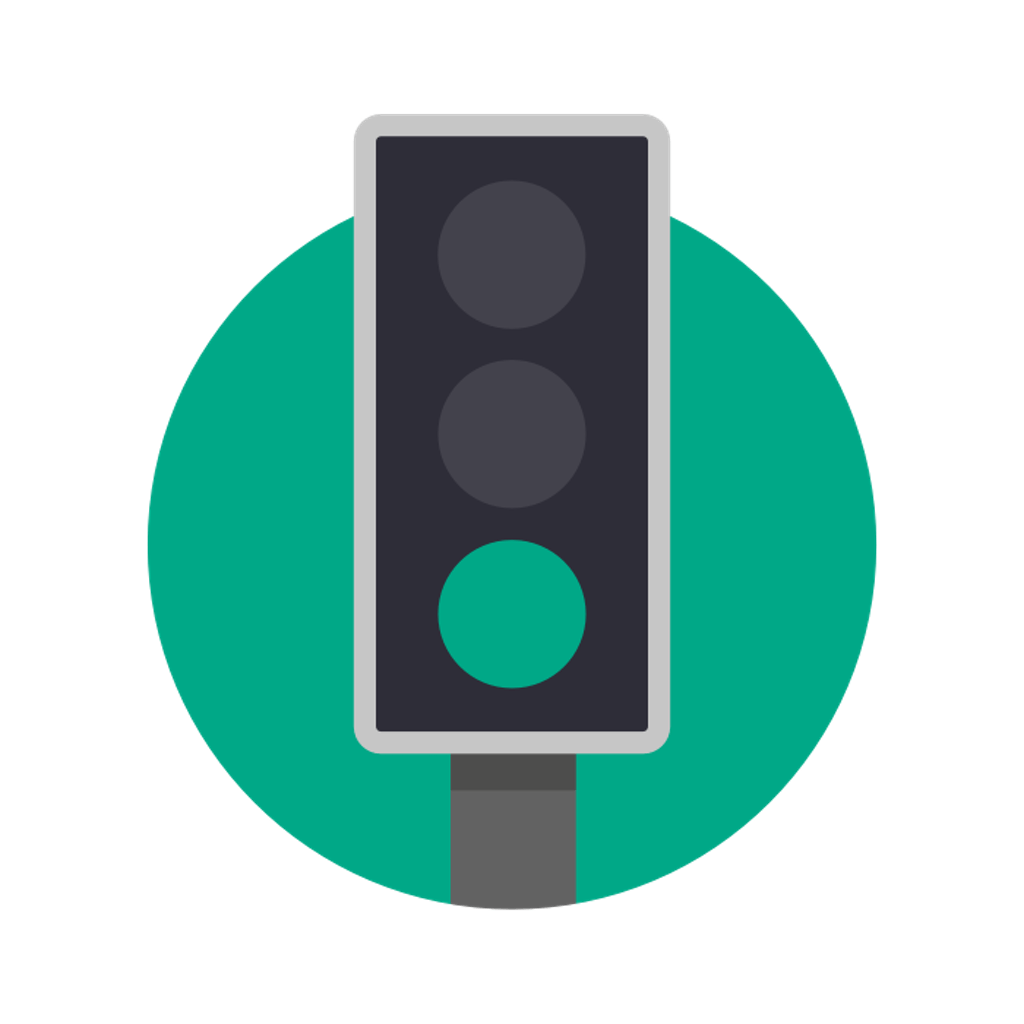
Google has begun trialling a new label to help identify black-owned businesses the US Google Shopping tab. With February being black history month, Google is helping users find and support black-owned businesses, given that search demand for this has increased by 600% in the past year.

Businesses can add the attribute in Google Merchant Center, with it being made available gradually in the US. It is currently only available in the US, and it is uncertain if it will be implemented in other countries in the future.
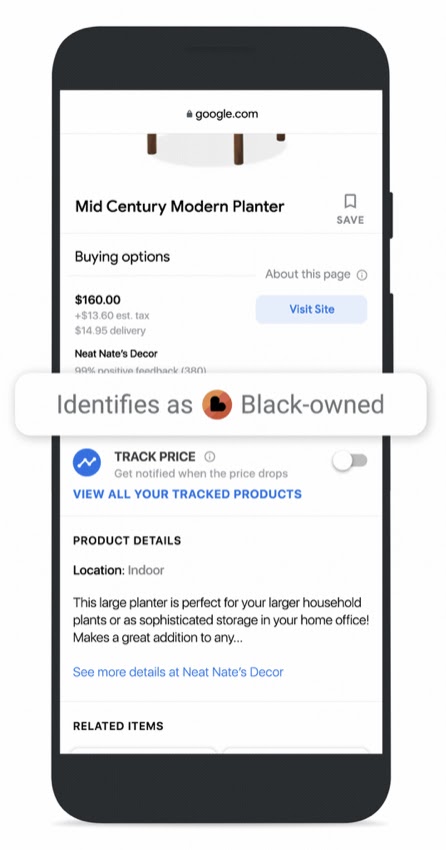
What does this mean for you?
This badge is currently only available in the US, so it will only be relevant if you own a Google Merchant Center in the US itself. However, it will be interesting to see whether the popularity of the feature will result in it being made available in other countries in the near future.
Google rolls out information cards about domains in US

Google is trialling a new feature that allows users to find out more information about a website before clicking onto it. Users can click onto three dots in the top right corner of a result and find out information such as the age of the domain, whether it’s on HTTPS and whether it’s an organic or paid result.

The search engine giant has announced that domains with a Wikipedia profile will be automatically eligible for this new feature. There are no actions that can be taken on-site to add this functionality.
This new feature has now rolled out across US results in English across desktop and mobile. It is currently in beta testing mode, so will likely change in the new future. Google has not announced when it will become available in other countries.
What does this mean for you?
This new feature follows Google’s trend of trying to provide as much information as possible to users in the SERP itself, rather than having users click onto websites. On one hand, Google argues that this helps the user make more informed decisions, while on the other hand people can argue that this benefits larger domains with Wikipedia profiles, consequently making it harder for smaller businesses to compete in organic search results.
Google adds 12 new types of manual action penalty
Google has introduced 12 new types of manual action penalties related to violations of its Google News & Google Discover policies.

Previously, manual actions were only applicable to search results, with a human reviewer issuing the action if a website was not compliant with Google’s policy. Receiving a manual action could mean that your website is ranked lower in Google Search. It is still unclear what the repercussions of the new manual actions for News & Discover will be.
What are the new manual action penalties?
Some of the new manual action penalties are split between Google News & Google Discover, whereas the others relate to both.
Google News:
- Violation of transparency policy – You must include dates, authors, a clear byline, as well as information and contact details for the publication.
Google Discover:
- Misleading content – If the content of a story/article does not reflect the byline, Google can issue a manual action for misleading readers.
- Adult themed content – Google can now issue manual actions for sexually explicit content and/or nudity within Discover.
Google News & Discover:
- Dangerous content – Any content that could cause serious and immediate harm to people or animals.
- Harassing content – Content which contains harassment, bullying, or is deemed threatening.
- Hateful content – Any content that incites hatred.
- Manipulated media – Audio, video or image content that has been manipulated to deceive, defraud, or mislead.
- Medical content – Content aimed at providing medical advice, diagnosis or treatment for commercial purposes.
- Sexually explicit content – Articles which contain explicit sexual imagery or videos.
- Terrorist content – Google has detected content that promotes terrorist or extremist acts.
- Violence and gore content – Content that incites or glorifies violence.
- Vulgar language and profanity – Articles which contain gratuitous obscenities or profanities.
What does this mean for you?
If your content appears on either Google News or Google Discover, you must ensure that it meets expectations set out in the webmaster guidelines. If you were to receive a manual action for violating the policies in place, your website could be penalised and potentially lose its rankings.
Manual actions will appear in Google Search Console under the ‘Security & Manual Actions’ tab. You would also receive an email notification were you to receive a manual action.



